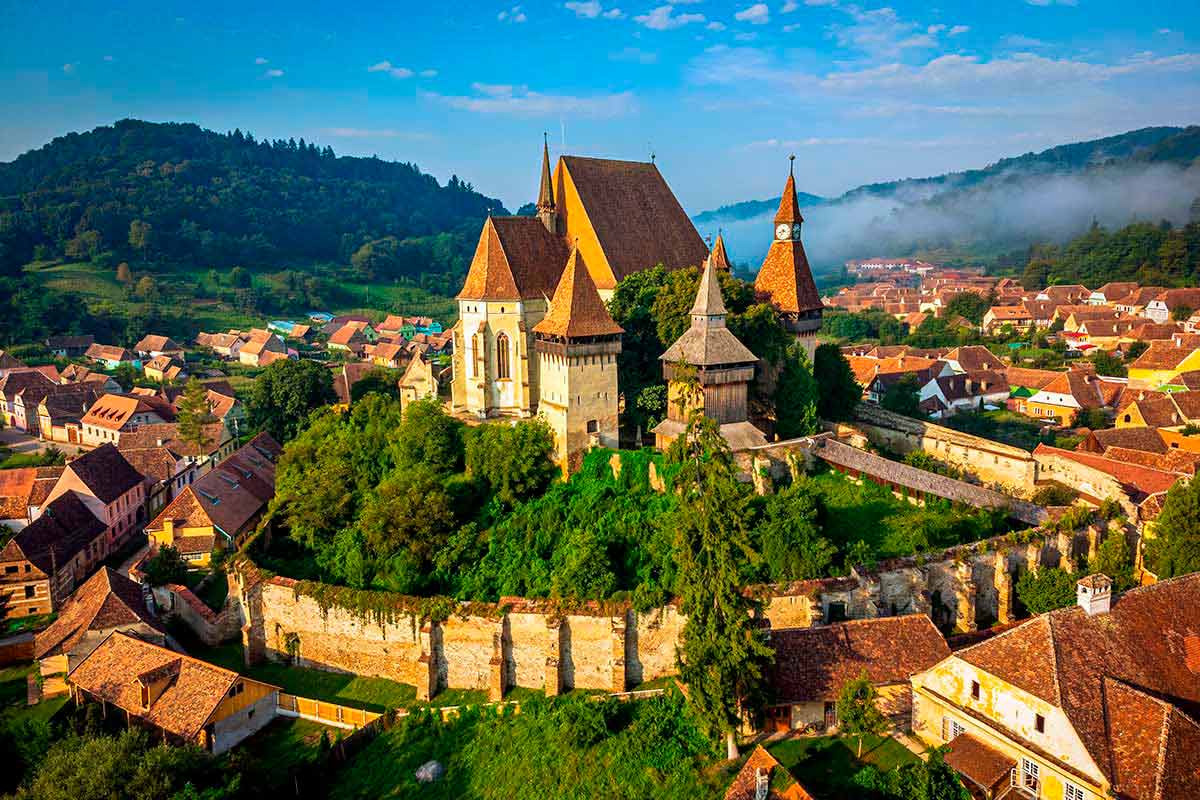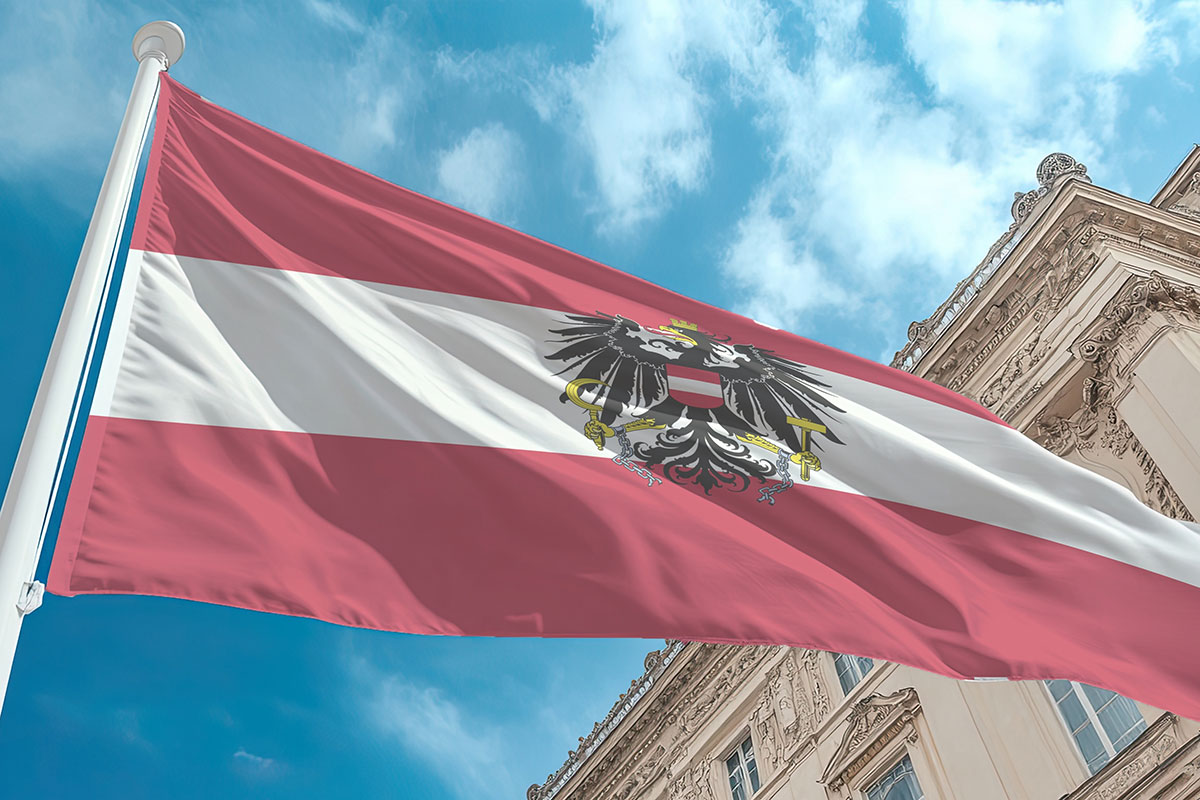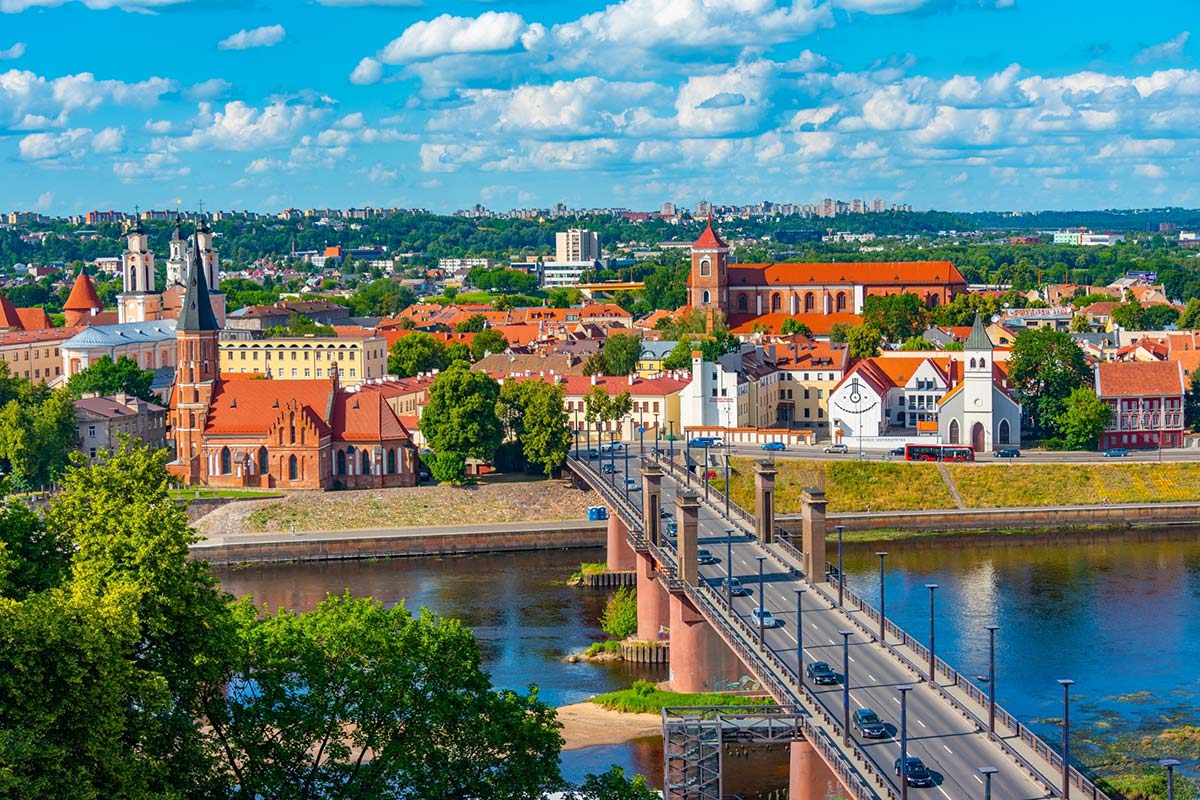Content
Moving to Europe is a formal immigration process that involves acquiring official residency status. Legal pathways to gaining the right to reside in the European Union include employment, marriage to a citizen, education, running a business, family reunification, and investment.
You may become eligible for permanent residency (PR) in Europe after spending several years living legally in a country on the basis of a temporary residence permit. The exact timeframe depends on national laws, but in most EU countries, it takes around five years.
To successfully qualify for PR, it is essential to:
- Obey local laws and regulations;
- Renew permits on time;
- Respect residency requirements;
- Demonstrate social and cultural integration.
Each step must be followed carefully to avoid delays or loss of eligibility.
Pros and Cons of Moving to Europe
The main reasons people choose to relocate to Europe with permanent residency include:
- The opportunity to improve financial well-being;
- Visa-free travel across EU countries;
- Access to high-quality education and admission benefits at European universities;
- Availability of advanced healthcare services;
- The right to use a full range of banking and financial services.
However, those who have already moved to EU countries often cite some challenges. The most commonly reported downsides include:
- The need to adjust to a new lifestyle;
- Language barriers;
- Bureaucracy and strict legal requirements.
Working with international legal professionals can significantly simplify the relocation process. With expert legal support, you can reduce both time and financial costs while minimizing the risk of rejection from immigration authorities.
Ways to Immigrate to Europe
One of the primary pathways to permanent residency (PR) in European countries is naturalization. This process involves gradually obtaining a temporary residence permit, then permanent residency, and eventually citizenship, while also integrating into society.
However, legislation in some EU countries allows individuals to obtain citizenship faster through investment, real estate acquisition, or significant contributions to science, culture, or sports, bypassing the standard timeline.
Another way to move to the EU permanently is by obtaining a passport from an EU member state. Several countries offer second citizenship through government-backed programs, which allow applicants to gain status through a simplified process, without the need for long-term residence, and in as little as 12 months.
To obtain permanent residency in Europe, you must first acquire resident status based on one of the following legal grounds.

Employment
To obtain a residence permit (RP) through employment, you must first sign a contract with an employer. This contract serves as the basis for applying for a national long-stay visa (type D), which allows legal stay for up to one year and can then be converted into a residence permit. The permit may be renewed if the employment continues and no immigration rules are violated. Highly qualified professionals may be eligible for the EU Blue Card, which offers an accelerated path to EU citizenship in many countries.
Business Activity
You can become a resident in some EU countries by purchasing an existing company, relocating your business, or establishing a subsidiary in an EU member state. To start the process, you must submit a business plan and meet legal requirements such as minimum share capital and/or employing local citizens.
Marriage
A marriage certificate with a citizen of an EU country is a valid reason to apply for a residence permit. Some countries impose additional requirements — such as the duration of the relationship or a minimum period of stay before applying. After fulfilling the required period of residence, you may qualify for permanent residency and later citizenship. Fake marriages or providing false information may result in deportation and loss of residency rights. In many cases, spouses of EU citizens may obtain an EU passport through fast-track naturalization in 1 to 5 years, depending on the country.
Investment
Investing in the economy of certain EU countries can lead to residency. Investment amount, sector, and additional criteria are determined by each country individually. A common requirement is to maintain the investment throughout the validity of the residence permit.
Real Estate Ownership
Purchasing commercial or residential property can serve as a legal ground for applying for residency. The minimum property value required for residency is set by national legislation. Some countries may also restrict foreigners from buying property in certain regions or owning land.
Family Reunification
According to EU Council Directive 2003/86/EC, specific categories of foreign nationals are entitled to apply for RP or PR based on family ties. Depending on the country, eligible applicants may include spouses, parents, siblings, dependent relatives, and minor children of EU citizens or residents. The sponsor (citizen or resident) must typically prove financial capacity to support the family member.
Education
Enrollment in an accredited university in an EU country grants the right to apply for a residence permit. Applicants must provide an admission letter and proof of financial means for living expenses. Student residence permits are generally valid for up to one year and can be extended for the duration of the studies. After graduation, students may stay in the country by converting their permit to one based on employment, entrepreneurship, or property ownership.
Humanitarian Grounds
Under European Parliament directives, certain categories of migrants are entitled to legal residence in the EU. Eligible individuals include refugees, victims of human trafficking, and those subject to political persecution. To obtain a residence permit, applicants must prove a credible threat to their life in their home country and apply for refugee status either before or after entering the EU.
Travel freely to over 170 countries
How to Obtain Permanent Residency (PR) and Relocate to the EU
The standard immigration process to Europe involves going through several clearly defined stages:
- Choosing an Immigration Program.
To move to an EU country, it’s essential to understand the requirements for residency applicants. The immigration pathway and legal basis for residence depend on your personal goals and resources — whether it’s work, business, study, or family reunification. International legal experts can help you evaluate your options and select the most suitable program. - Collecting Documents.
The list of required documents varies depending on the country you’re applying to. However, every application must include proof of a legal ground for residence — such as a job contract, university admission letter, business registration, or proof of family ties. - Obtaining an Entry Permit.
To relocate to Europe with the goal of obtaining PR, you must first secure a long-stay visa (category D). This visa allows you to enter and stay in the country for up to 90 days, during which time you can apply for a residence permit. - Acquiring Residency Status.
After receiving the D visa, you must submit an application for a residence permit (temporary or permanent) to the immigration office of the destination country. This process typically takes 3 weeks to 3 months, depending on national regulations and the complexity of your case. The migration authority will assess your eligibility and issue the appropriate permit.
Document Preparation for Immigration to the EU
Immigrating to the European Union involves several formal steps: obtaining a visa, then a residence permit (RP), followed by permanent residency (PR). Entry visas are issued by embassies and consulates in the applicant’s country of residence. Residence permits (temporary or permanent), which confirm your legal stay in a European country, are processed by immigration offices or Ministries of Interior.
To obtain resident status, adult applicants must prepare and submit a specific set of documents — the exact list depends on the country of application. However, a standard PR application dossier for EU countries usually includes:
- Identification documents: passport, travel document, birth certificate.
- Application form: filled out in the national language using the government-provided template.
- Proof of legal grounds for stay: depending on the purpose — e.g., university admission letter, marriage certificate, employment contract.
- Health insurance policy: with coverage that meets national legal standards and valid for the full duration of the stay.
- Police clearance certificate(s): issued by the applicant’s country of permanent residence and/or the country of origin for the EU application.
All documents must be properly legalized according to the host country’s requirements (apostille or consular legalization).

Refusals and Illegal Immigration
Authorities may deny a PR application for several reasons:
- False or misleading information in the application;
- Existing or unresolved criminal convictions;
- Lack of documented legal basis for staying in the country;
- Perceived threat to national security or public order.
If any documents are missing, the applicant is usually allowed to submit them within a deadline set by the migration authorities. Disputes and rejections can be appealed in court under the laws of the respective country.
Illegal residence in any EU member state may result in deportation and a long-term ban on reentry to the Schengen Area or EU territory.
Life in European Countries: Where to Relocate
Europe remains a top destination for immigrants due to higher income potential, quality education and healthcare, and the overall stability of democratic societies that protect personal freedoms. International legal specialists can help select the best-fit immigration program based on your personal situation.
Among EU countries, there are specific nations with simpler pathways to obtaining a residence permit or citizenship—offering faster, easier, and more affordable options for legal relocation.
Romania
As a European Union member state, Romania offers a growing industrial and economic sector. Despite relatively low average wages, income levels still surpass those in many post-Soviet countries. The labor market is open to both citizens and permanent residents, although EU passport holders receive priority. Entrepreneurs benefit from favorable tax policies.
One of the most popular options for migrants is the repatriation program, which enables eligible individuals to obtain Romanian citizenship through a simplified process. Foreigners with ethnic ties to Romania can receive a passport in as little as 12 months, without the need to renounce their current citizenship or reside in Romania beforehand. The total cost of the procedure includes fees for document translation and notarization.
Bulgaria
Bulgaria is an EU member state known for its appealing conditions for living, doing business, and obtaining permanent residency. The country offers high-quality healthcare, widely recognized in Eastern Europe, and a stable, low-cost education system. The overall cost of living is significantly lower than in most Western European nations. Foreigners enjoy a relaxed lifestyle, mild climate, and developed infrastructure.
The labor market is open to EU citizens and PR holders, with a strong demand in IT, construction, tourism, and logistics. Entrepreneurs benefit from one of the lowest corporate tax rates in the EU. A popular immigration route is the simplified Bulgarian citizenship program, which does not require residency or renouncing your original citizenship. Processing times start from 12 months, depending on the completeness of the application dossier.
Serbia
Serbia is a candidate for EU membership and offers attractive immigration opportunities. There is demand in the local labor market for highly qualified professionals. Entrepreneurs who register a company in Serbia can receive a one-year residence permit, which may be extended if the original conditions are maintained. Business owners are not subject to double taxation. The minimum share capital is legally set at just €1, unless otherwise specified by special legislation. Freelancers also have the option to register as sole proprietors.
The typical processing time for a business-based residence permit ranges from three to six months. Serbian citizenship becomes available after 8 years of legal residence.
With professional legal guidance, obtaining EU citizenship becomes smooth and straightforward. Contact our experts for a consultation and take the first step toward your European passport with minimal bureaucracy.







